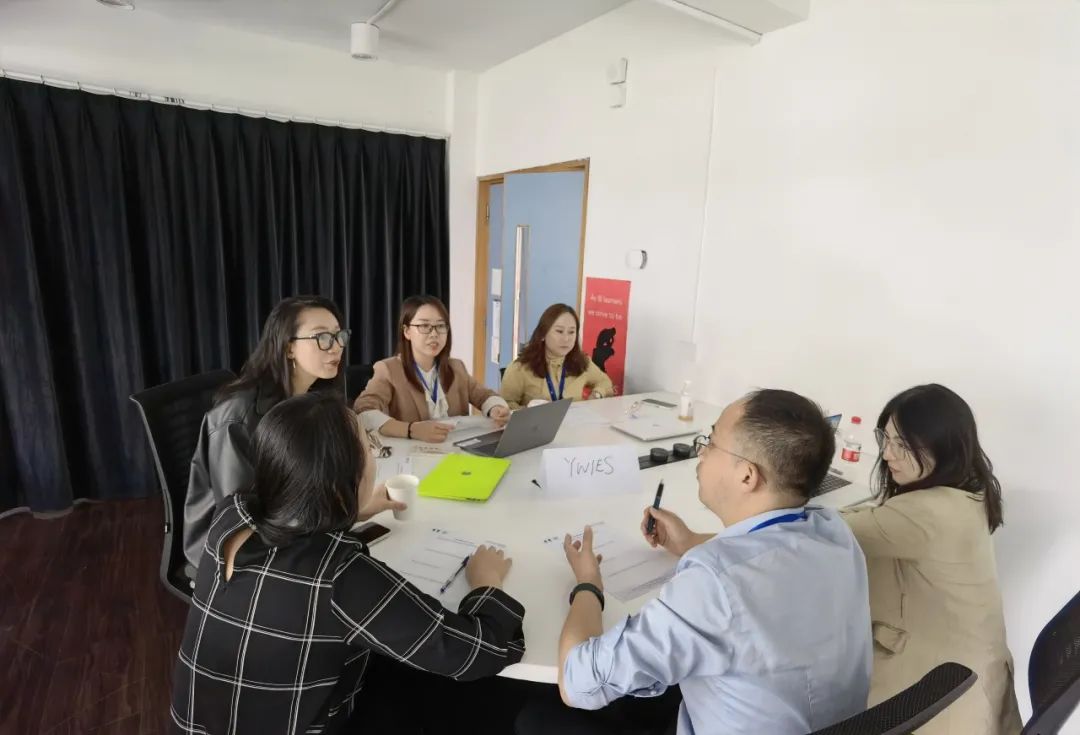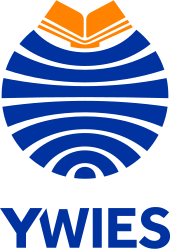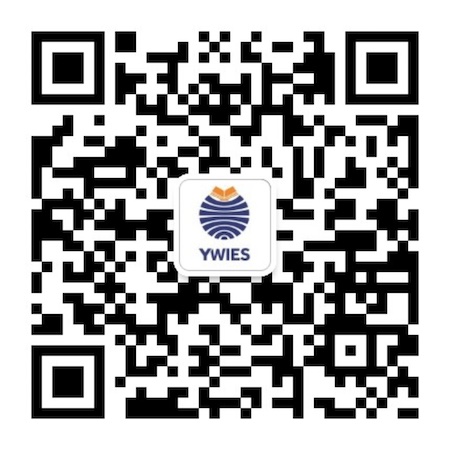Go Back
News
School News
How Will Mathematics Education Change When It Encounters AI?
School News
18 Dec, 2023
11 : 45

How will mathematics education change when it encounters Artificial Intelligence (AI)?
Before starting her lesson on the normal distribution, Ms Xiaoqing Jin, Deputy Head of Secondary Math at YWIES Shanghai Lingang, tentatively asked ChatGPT, "If you were a mathematics teacher, how would you teach the normal distribution?"
ChatGPT quickly offered suggestions. For example, it proposed that the first lesson should start with the history of mathematics; introduce the story about the naming of the normal distribution; and then further explain its concepts, the features of the image, and so on. Ms Jin thought this was a good suggestion, and she used these ideas to prepare her lesson and create the teaching videos.
"We have still not finished this part of the course, but most of my students think that the normal distribution is easier than the binomial distribution and the geometric distribution, which we had studied previously. Normal distribution is an important and difficult topic in statistics, but I feel that the students were very relaxed during the learning process, and so was I," Ms Jin said.
"ChatGPT inspires me. And when I feel that its answers are not good enough, it can generate new ideas."
This is just one of the many examples of how Ms Jin is trying to use AI tools to assist her teaching. Many other teachers at YCYW are also curious about AI and interested in exploring the relationship between AI and mathematics teaching. On 27 October, the teachers gathered at YCIS Shanghai's Gubei Campus to share ideas and experiences at YCYW’s first "AI and Mathematics Education Conference".
Mr Tin Ip, Director of Education of YCYW and a veteran mathematics teacher, was the conference chairperson. At the conference, he said that AI can not only help people better acquire knowledge, but also provide personalised advice to make learning more efficient and interesting. In addition, AI can also help teachers better understand the progress and problems of each student's learning, and thereby offer the students more effective guidance.
Two guest speakers at the conference, Professor Wei Jia, President of Shanghai Open University, and Professor Hongming Zhu, Associate Professor of the School of Software Engineering at Tongji University, shared their views on future education trends with the teachers.
Professor Jia believes that education in the future will focus more on cultivating the students' skills in innovation, teamwork, and interdisciplinary integration. To achieve this goal, schools and teachers need to break down barriers between traditional subjects, and promote interdisciplinary integration and innovation. Teachers also need to make use of advanced technologies such as AI to provide students with more practical opportunities and project experiences, so that the students can continue to grow and progress through practice.
Professor Zhu discussed the application and challenges of AI in mathematics education from various perspectives. He noted that because of the continuous development of AI technology, more and more students will encounter and use AI. Therefore, integrating AI into the mathematics curriculum has become a necessary trend.
At the conference, mathematics teachers from YCYW schools in Shanghai said that the schools have started to apply AI technology to mathematics teaching. By using smart teaching systems and personalised learning platforms, students can acquire mathematical knowledge and solve mathematical problems more conveniently.
According to Mr Ip, before the development of AI, teachers had used Computational Intelligence (CI), such as Wolfram Alpha and Symbolab. These tools have been very useful and powerful because they can recognise some common or non-conventional mathematical language. This makes communication between the user and CI much more efficient. As technology has continued to advance, both Wolfram Alpha and Symbolab now have AI support and capabilities.
"As teachers, our task is not merely to help students get the answers. We must also help them to ask the right questions and help them to understand the importance of processes and steps. One of the most useful features of AI is that we can ask questions using ordinary language. This was not possible in the past," Mr Ip explained.
Ms Jin knows this very well. Once she saw a student copying and pasting a problem he could not solve into ChatGPT. She did not stop this immediately, but observed from the sidelines. As she had expected, although ChatGPT could provide an answer, the answer was wrong. She had also given questions to "test” ChatGPT before, and found that mathematics was a shortcoming of this high-level AI tool.
"I gave ChatGPT 10 questions, and it was wrong on maybe five or six of them, although it had made the mistakes logically, with very clear reasoning steps. Nevertheless, the final answer was wrong," she said.
This gave her the opportunity to talk to her students about how to view AI critically and how to use AI tools more effectively for learning, "I tell students that if you ask ChatGPT to do a mathematics problem, it might get it wrong. But the better and more specific the questions you ask, the better the answer it will give you."
She cited a normal distribution question as an example. Rather than merely typing "I don't know this question" into a dialogue box, a more effective way to refine the question would be to ask what kind of thinking should be used to analyse the problem, whether it should be standardised or plotted first, and so on.
Long before she came into contact with popular AI tools such as ChatGPT, Ms Jin had already extensively used intelligent software such as GeoGebra to assist her teaching. She also adopted a "flipped classroom model" by recording lesson videos and uploading them online for her students to study on their own before class.
"As teachers, I think we must continue to learn and adapt to these changes, because when you want to use these tools as teaching tools, you first must learn the instructions for the tools. Of course, we cannot rely too much on technology. We can use it as a supplement our teaching, not as a replacement," she said about the role of a teacher in the AI era.
During the conference, the teachers also discussed topics such as "Ethics and AI in Education". They had in-depth discussions on issues such as data privacy, algorithm fairness, and the impact of AI on the evaluation of students. They also proposed some solutions and suggestions. The teachers believe that the application of AI technology in mathematics teaching is both a trend and an opportunity. Although there are still some problems and issues in practice, with continuous exploration and innovation, the teachers will surely find better solutions.
Let us return to the original question: How will mathematics education change when it encounters AI? The answer should lie in the tireless exploration of our teachers.




